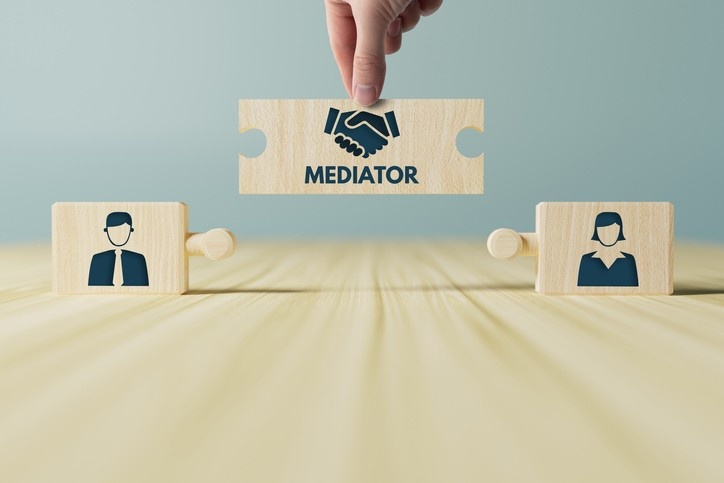At the David W. Martin Law Group, our Myrtle Beach family law attorneys understand that child custody disputes can be one of the most challenging aspects of a divorce or separation. Still, mediation can offer a productive and less adversarial path forward for South Carolina parents. Understanding mediation’s role in these disputes can help parents navigate the process effectively and create a parenting plan that serves the child’s best interests.
What is Mediation?
Mediation is when a neutral third-party mediator facilitates discussions between disputing parties to help them reach a mutually acceptable agreement. In child custody, mediation allows parents to discuss sensitive issues regarding their child’s living arrangements, schooling, healthcare, and other aspects of parenting in a private, collaborative environment. Unlike a courtroom, mediation fosters open communication, helping parents find common ground.
Why Mediation is Required in South Carolina?
In South Carolina, family courts often require mediation before proceeding with litigation in child custody cases. This requirement encourages parents to resolve disputes amicably and avoid lengthy, contentious court battles. Mediation focuses on the child’s best interests, emphasizing cooperation and communication rather than confrontation.
The benefits of mediation in South Carolina child custody disputes include:
- Focuses on the Child’s Best Interests: Mediation helps parents concentrate on what is best for their child, shifting the focus away from parental conflicts. The process promotes healthier decisions for the child’s well-being.
- Less Stressful and Cost-Effective: Mediation can be less stressful and more cost-effective than a court trial. It generally takes less time, saving parents from costly legal fees and lengthy proceedings.
- Greater Control Over the Outcome: Unlike a judge’s decision, which is imposed upon both parties, mediation allows parents to actively shape the final parenting agreement. Parents can discuss schedules, holidays, visitation, and other parenting elements, tailoring the arrangement to their family’s needs.
- Encourages Cooperative Co-Parenting: Successful mediation can set the tone for cooperative co-parenting, which benefits children by reducing conflict and creating a more stable environment. It provides an opportunity for parents to communicate and find resolutions together.
- Privacy and Confidentiality: Mediation is private. This privacy can protect family matters from unnecessary exposure and maintain confidentiality for parents and children.
Can My South Carolina Divorce Attorney Attend Mediation Sessions with Me?
Legal representation during the mediation process is often recommended to protect your rights and interests.
While the mediator is a neutral facilitator who helps both parties reach a fair agreement, they cannot provide legal advice. Your attorney can offer guidance on legal issues, help you understand the implications of potential contracts, and ensure that any arrangements made align with South Carolina family law. Having your attorney present can also support you during negotiations, helping you navigate complex or contentious issues.
In addition, South Carolina law does not require parents to reach an agreement during child custody mediation—only that they must make a good-faith effort to try. The goal is to encourage communication and explore potential solutions, but if no agreement is reached, the case can proceed to court.
Having an attorney with you during mediation is crucial for guidance during discussions and preparing for the next steps if mediation fails. Your attorney can advise you on what to expect in court, help strengthen your case, and ensure that your rights and your child’s best interests remain protected throughout the process.
Contact Our Family Law Lawyer in South Carolina Today
Contact our skilled Myrtle Beach child custody attorney today at (803) 548-2468 to learn more about how we can help you protect you and your family during each stage of your divorce, including filing, negotiations, mediation, and litigation.


